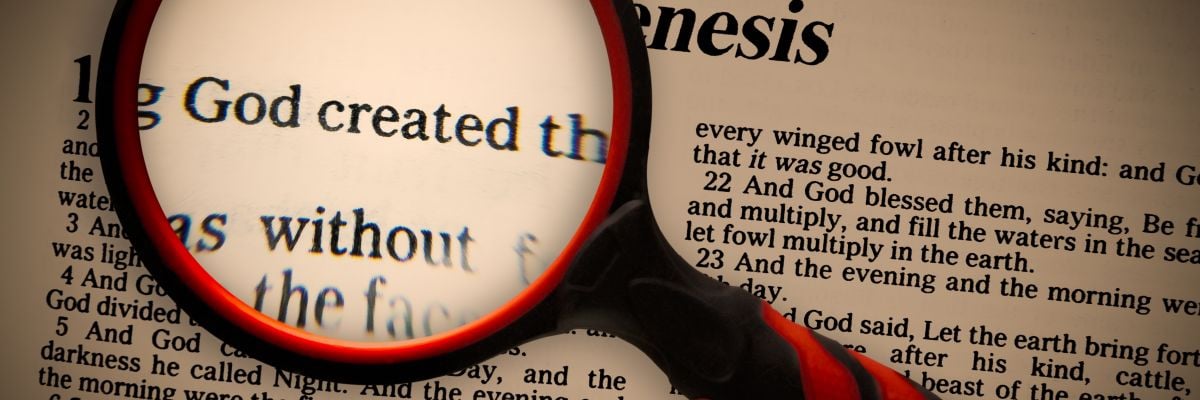
DAY 324
CHALLENGE
“Genesis can’t be the word of God because it borrows from pagan texts.”
DEFENSE
God can interact with pagan works if he chooses.
Proposed parallels between the Old Testament and pagan sources are often exaggerated. Other times they may be due to independent development. When a parallel is not coincidence, it is possible that both the biblical and the pagan authors are drawing from a common, lost source. In some cases, a pagan author may draw from a biblical one! However, there are cases where biblical authors respond to or borrow from pagan ones.
The Catholic attitude toward such interactions with pagan literature was expressed by Pius XII: “If, however, the ancient sacred writers have taken anything from popular narrations (and this may be conceded), it must never be forgotten that they did so with the help of divine inspi- ration, through which they were rendered immune from any error in selecting and evaluating those documents” (Humani Generis 38).
Ultimately, condemning something just because it had a pagan origin is to commit the genetic fallacy, according to which a thing is judged by its source rather than by its merits.
There is no reason that God—and the inspired authors of Scripture—can’t interact with pagan sources. In fact, to protect Israel against polytheism, responding to pagan ideas would be wise. Consequently, we see the author of Genesis doing this. It is not immediately obvious to us, not being familiar with ancient pagan culture, but it leapt out at the original audience.
For example, Genesis 1 describes God making the sun and the moon, but it does not refer to them by their names. It describes them simply as lights: “God made the two great lights, the greater light to rule the day, and the lesser light to rule the night” (Gen. 1:16).
The reason is the sun and the moon were popularly worshipped as deities, and using their names could have conveyed the impression that the supreme God made the solar and lunar deities. By referring to them as lights, the author of Genesis subverts and corrects this. The message is: “The sun and the moon are just lights, not deities; don’t worship them!”



